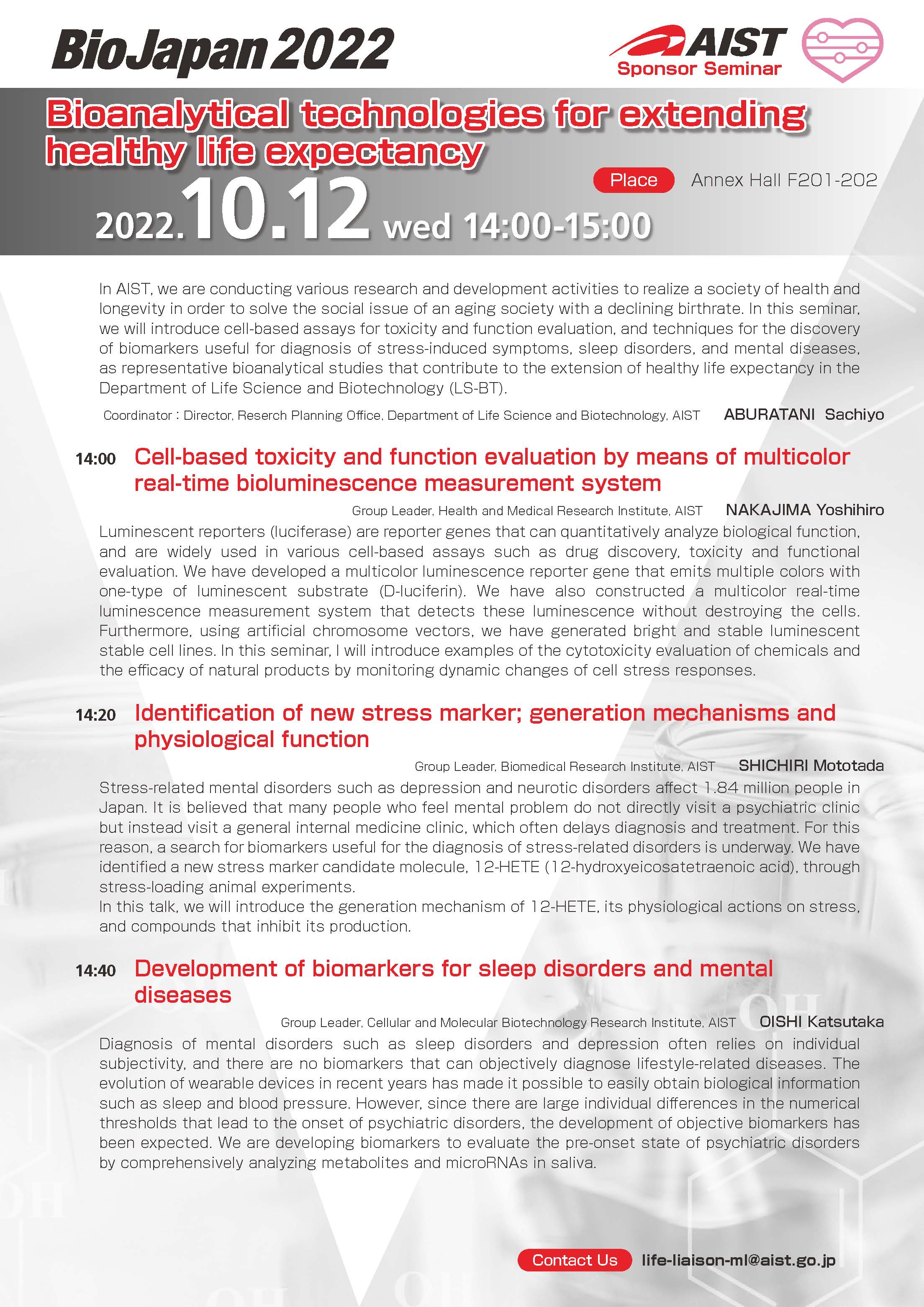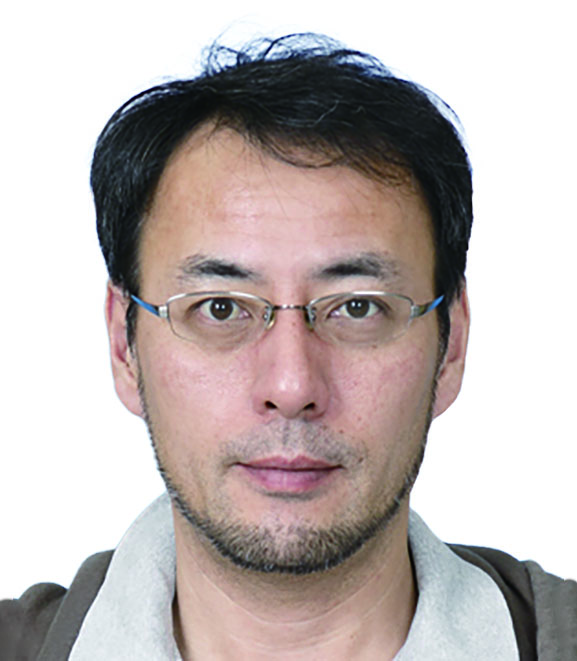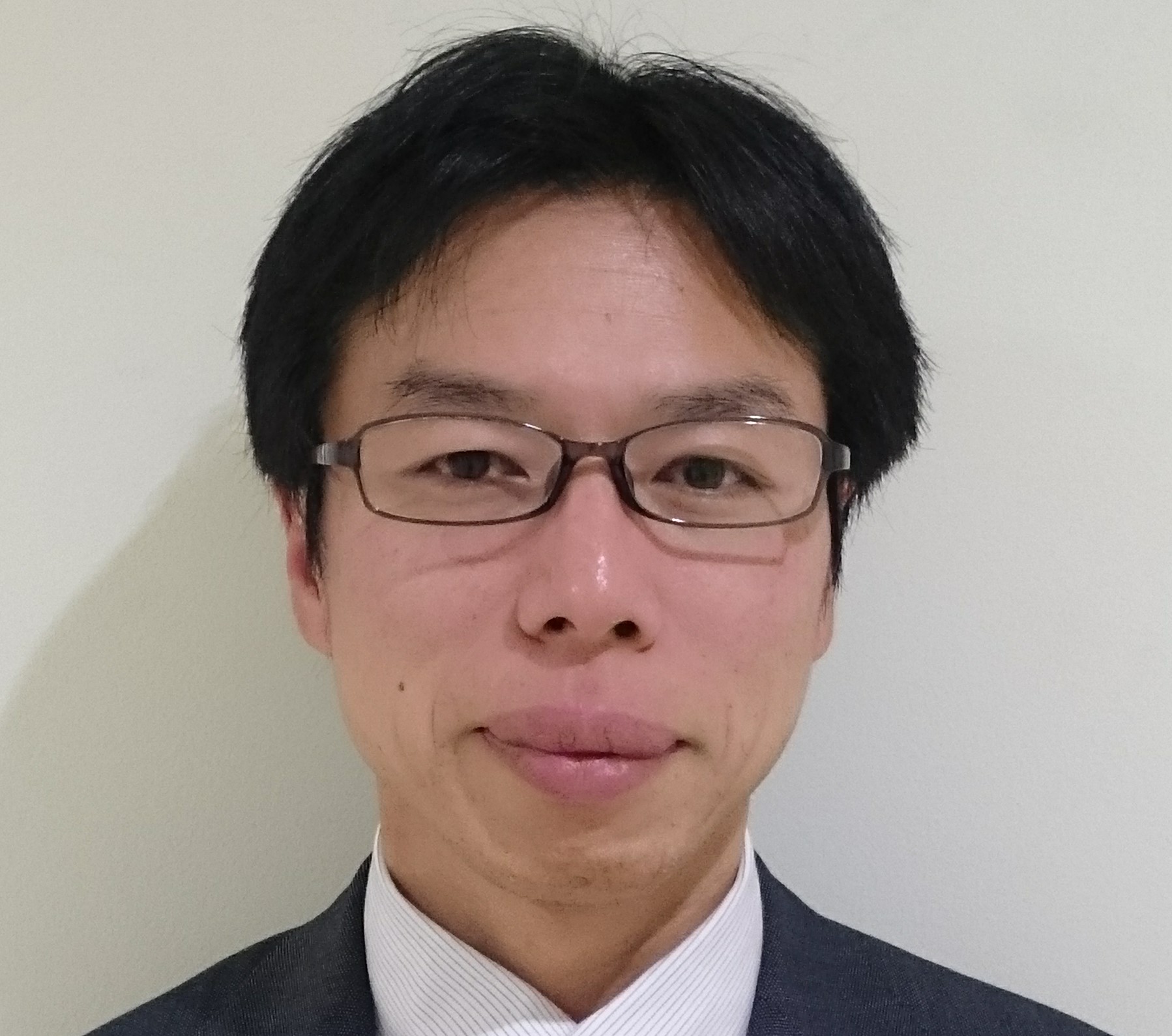Bioanalytical technologies for extending healthy life expectancy
2022.10.12 Wed. 14:00~15:00
Annex Hall F201-202

Annex Hall F201-202
| Summary | In AIST, we are conducting various research and development activities to realize a society of health and longevity in order to solve the social issue of an aging society with a declining birthrate.
In this seminar, we will introduce cell-based assays for toxicity and function evaluation, and techniques for the discovery of biomarkers useful for diagnosis of stress-induced symptoms, sleep disorders, and mental diseases, as representative bioanalytical studies that contribute to the extension of healthy life expectancy in the Department of Life Science and Biotechnology (LS-BT).
Coordinator:Aburatani Sachiyo Director, Reserch Planning Office, Department of Life Science and Biotechnology, AIST |
|
| [1] | 14:00-14:20 Cell-based toxicity and function evaluation by means of multicolor real-time bioluminescence measurement system Nakajima Yoshihiro, Group Leader, Health and Medical Research Institute, AIST |
 |
| Luminescent reporters (luciferase) are reporter genes that can quantitatively analyze biological function, and are widely used in various cell-based assays such as drug discovery, toxicity and functional evaluation. We have developed a multicolor luminescence reporter gene that emits multiple colors with one-type of luminescent substrate (D-luciferin). We have also constructed a multicolor real-time luminescence measurement system that detects these luminescence without destroying the cells. Furthermore, using artificial chromosome vectors, we have generated bright and stable luminescent stable cell lines. In this seminar, I will introduce examples of the cytotoxicity evaluation of chemicals and the efficacy of natural products by monitoring dynamic changes of cell stress responses. | ||
| [2] | 14:20-14:40 Identification of new stress marker; generation mechanisms and physiological function Shichiri Mototada, Group Leader, Biomedical Research Institute, AIST |
 |
| Stress-related mental disorders such as depression and neurotic disorders affect 1.84 million people in Japan.
It is believed that many people who feel mental problem do not directly visit a psychiatric clinic but instead visit a general internal medicine clinic, which often delays diagnosis and treatment.
For this reason, a search for biomarkers useful for the diagnosis of stress-related disorders is underway.
We have identified a new stress marker candidate molecule, 12-HETE (12-hydroxyeicosatetraenoic acid), through stress-loading animal experiments. In this talk, we will introduce the generation mechanism of 12-HETE, its physiological actions on stress, and compounds that inhibit its production. |
||
| [3] | 14:40-15:00 Development of biomarkers for sleep disorders and mental diseases | |
| Diagnosis of mental disorders such as sleep disorders and depression often relies on individual subjectivity, and there are no biomarkers that can objectively diagnose lifestyle-related diseases. The evolution of wearable devices in recent years has made it possible to easily obtain biological information such as sleep and blood pressure. However, since there are large individual differences in the numerical thresholds that lead to the onset of psychiatric disorders, the development of objective biomarkers has been expected. We are developing biomarkers to evaluate the pre-onset state of psychiatric disorders by comprehensively analyzing metabolites and microRNAs in saliva. |

